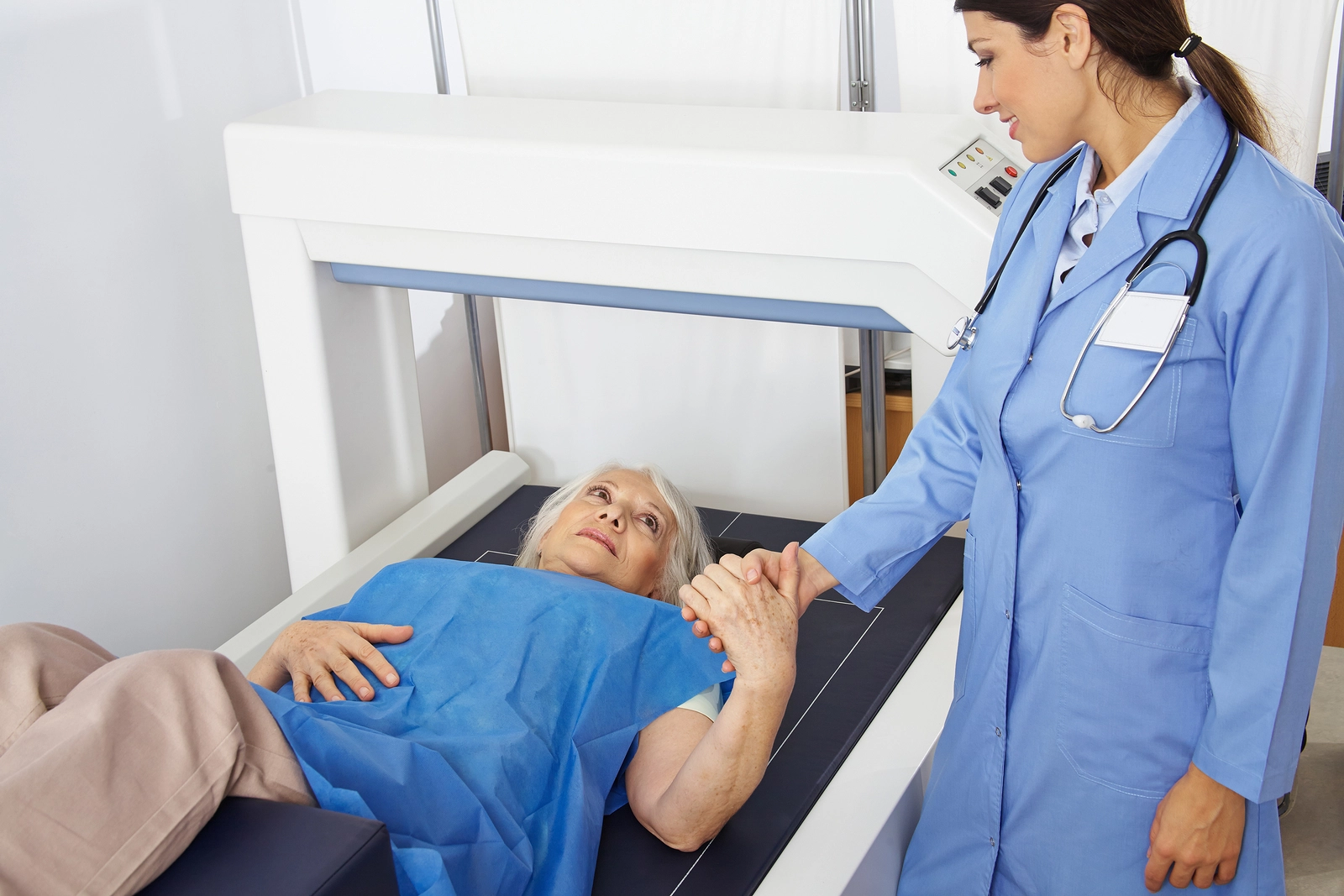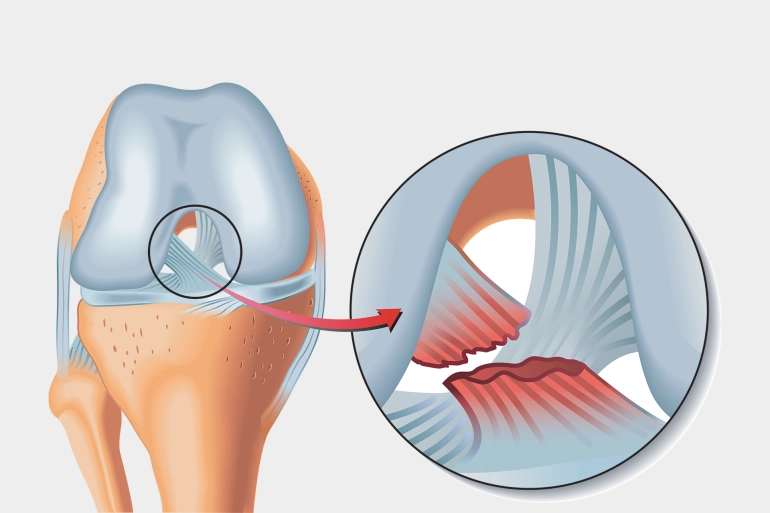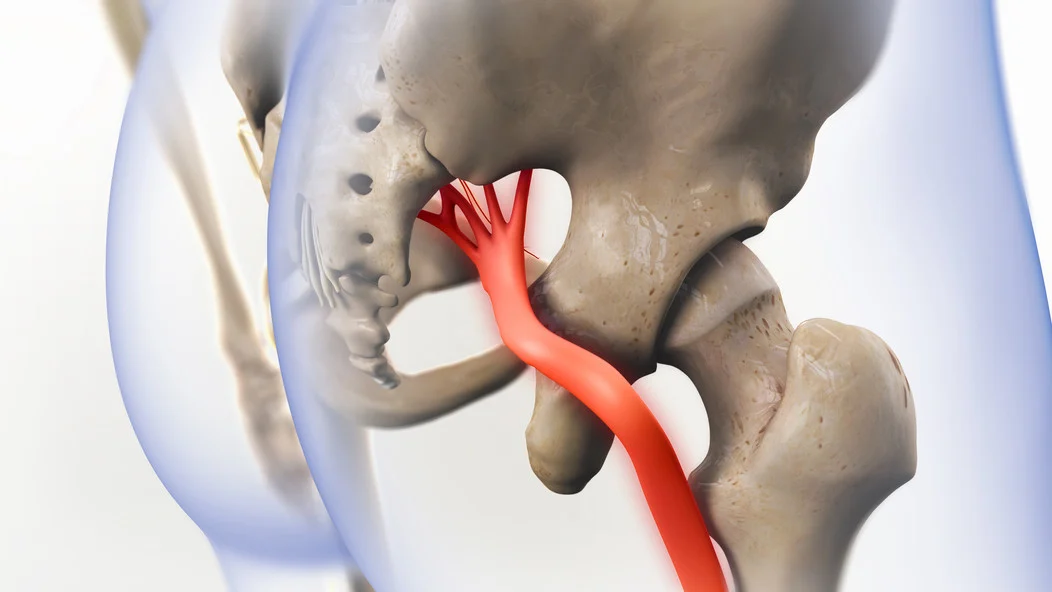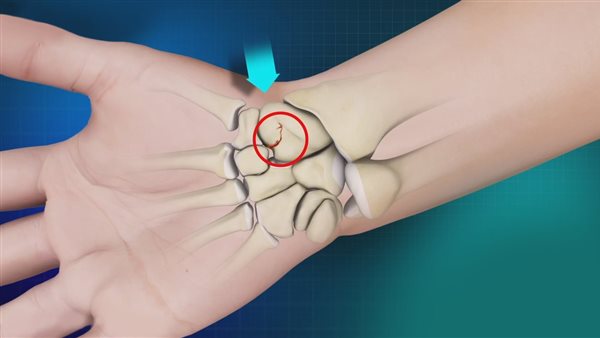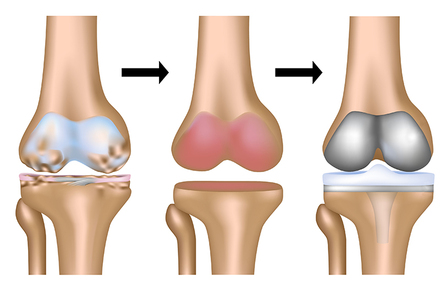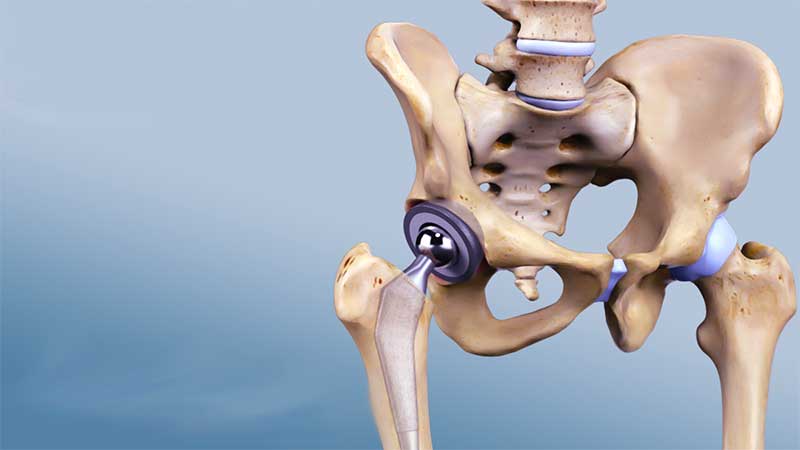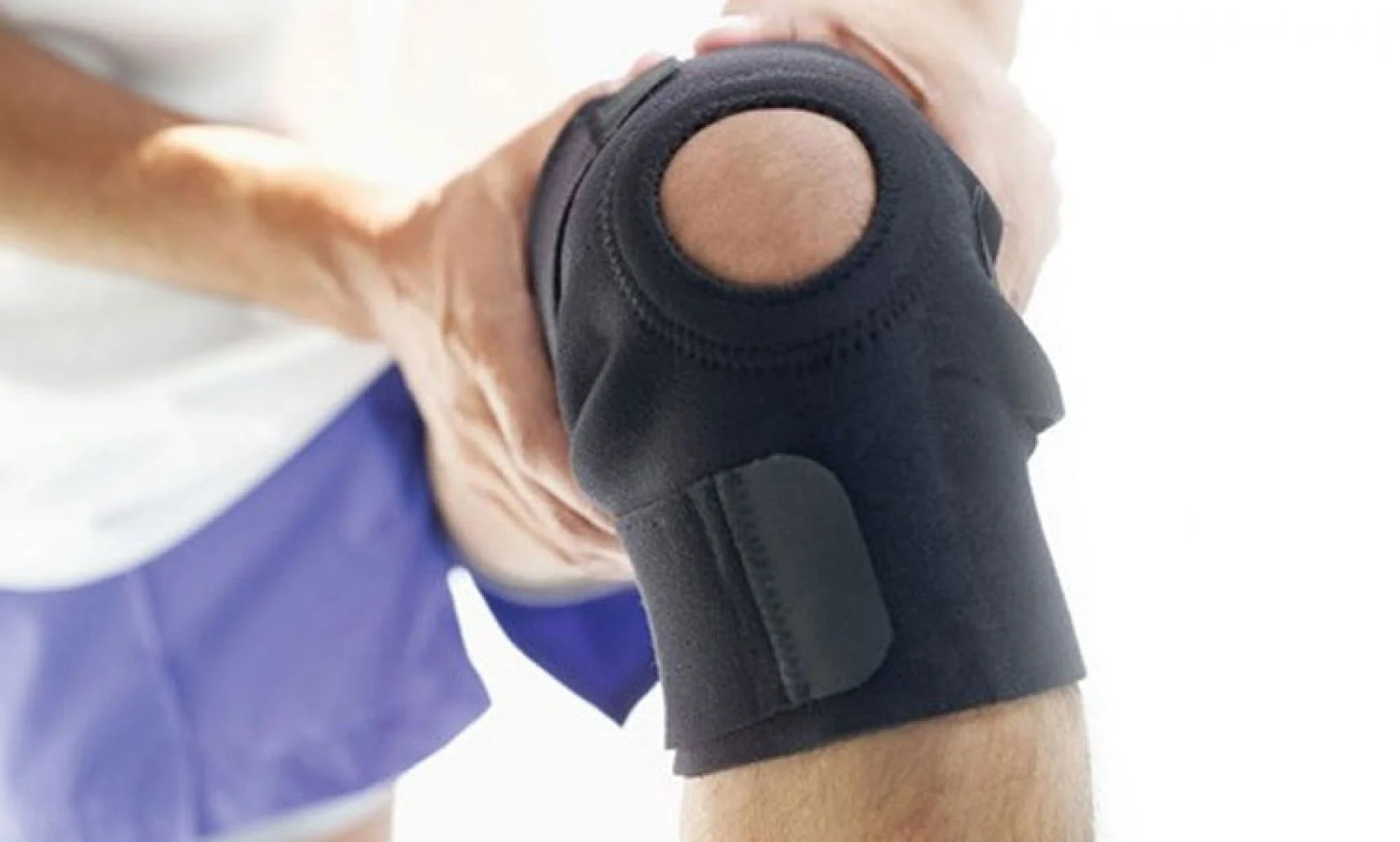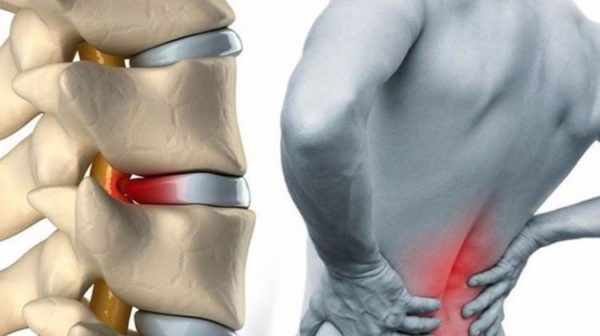!Price of ACL Surgery in Egypt and Key Procedure Steps
Price of Posterior Cruciate Ligament (PCL) Surgery in Egypt, Egypt is distinguished by having many skilled orthopedic doctors and equipped hospitals for performing posterior cruciate ligament (PCL) surgery. The prices of such surgeries vary depending on several factors, which we will delve into detail in this article, along with the duration of the procedure, the steps involved, and the resulting outcomes.
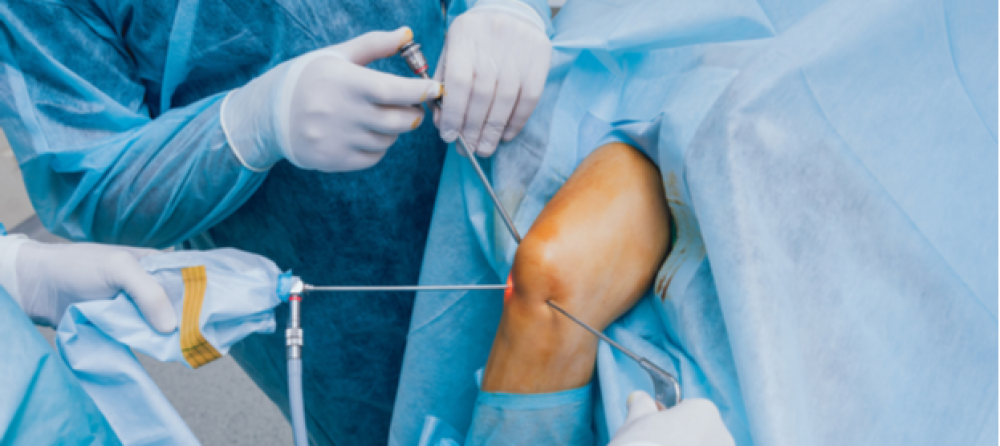
Price of Posterior Cruciate Ligament Surgery in Egypt
The cost of arthroscopic posterior cruciate ligament surgery in Egypt ranges between 40 to 80 thousand Egyptian pounds. The cost depends on several factors such as the clinic and hospital chosen by the patient. The price may also vary based on the doctor’s experience, the hospital’s location within the hospital, and the cost may include the doctor’s fee, medical examination costs, and the duration of stay in the medical center.
Prepare to return to your favorite lifestyle with confidence and peace thanks to posterior cruciate ligament reconstruction surgery with Dr. Amr Amal, who provides comprehensive care and professional guidance for achieving full recovery and success.
What are the Variables that Contribute to the Price of PCL Surgery?
We will explore below some of the key variables contributing to determining the price of posterior cruciate ligament surgery, which include the following:
- Location of the Surgery:
The cost of posterior cruciate ligament surgery may vary from one country to another. The price of the procedure can be affected by differences in healthcare costs and medical supplies in each country. For example, the cost of the surgery in India might be lower than in the United States. - Hospital and Medical Facilities Cost:
Choosing the right hospital and medical facilities is one of the influencing factors in determining the cost of PCL surgery. The costs of accommodation and medical services vary in each hospital, and this may affect the final price of the surgery. - Required Medical Tests Analysis:
A precise diagnosis of posterior cruciate ligament surgery requires the analysis of various medical tests such as X-rays, MRI scans, and blood tests. The costs of these tests may be part of the final price of the surgery. - Treatment Technique Used:
The cost of posterior cruciate ligament surgery also depends on the quality and technique of the treatment used. There is a variety of techniques available, such as ligament reconstruction using screws, ligament grafting, or the use of manufactured straps. The cost of the technique used may be one of the influencing factors in the final price. - Surgeon’s Experience:
The surgeon’s experience is one of the influencing factors in determining the price of the procedure. Typically, the experience of the surgeon and surgical history yield better results and higher costs.
What are the Procedures for ACL Reconstruction Surgery?
Here is a list of the most common procedures to expect during ACL reconstruction surgery:
- General Anesthesia: The surgery is performed under general anesthesia, where the patient is completely sedated and put to sleep.
- Small Incision in the Knee: A small incision is made in the skin using a knee arthroscope. The skin is cleaned, and necessary surgical tools are applied for the procedure.
- Insertion of Arthroscopic and Surgical Tools: The small arthroscope and necessary surgical tools are inserted into the knee through the small incision. This allows the surgeon to visualize and access the damaged ACL effectively.
- Removal of the Damaged ACL: After reaching the ACL, the surgeon completely removes the damaged ACL. This requires precise and skillful use of surgical tools to ensure the removal of the damaged portion without causing any harm to other tissues.
- Reconstruction of the ACL: After removing the damaged ACL, it is reconstructed using strong surgical sutures. These sutures provide the necessary support for the patient and improve knee stability.
- Closure of the Small Incision: Once the ACL reconstruction is complete, the small incision in the knee is closed using appropriate stitching materials. The wounds are left to heal, and a tight bandage is applied to the knee.
Reasons for ACL Reconstruction Surgery
Here is a list of some common reasons that lead to ACL reconstruction surgery:
- Sudden Stops: ACL tears can occur suddenly during sports activities, especially when the knee experiences a strong impact or sudden change in direction while running or jumping.
- Deceleration While Running: When a person runs improperly, there may be a deterioration in knee movement, which can cause excessive stress on the ACL and lead to tearing.
- Improper Landing: Improper landing, especially on a hard surface or during sports activities, can subject the ACL to excessive pressure, leading to tearing.
- Direct Impact: ACL tears may occur if the knee experiences a direct impact, such as receiving a strong blow from a football or experiencing a strong impact in a car accident.
- Sports Activities: Basketball, football, and any heavy-load sports players are more prone to anterior cruciate ligament injuries due to the loads and vigorous movements required in these sports.
- Therapeutic Process: In some cases, doctors may recommend ACL reconstruction surgery to treat a significant tear in the ligament that cannot be treated except through surgery.
You can receive comprehensive care and precise surgery with Dr. Amr Amal for ACL reconstruction, where the highly experienced medical team ensures the best results and successful recovery.

Success Rate of ACL Surgery in Egypt
ACL surgery in Egypt is considered one of the most successful surgical procedures in the field of orthopedic surgery. Its success rate ranges from 85 to 90%, confirming the quality and effectiveness of this procedure.
After surgery, the patient can walk and run on their feet normally again. The cost of the surgery and rehabilitation period depends on several factors, including the doctor’s scientific degree and experience in this field. This surgery is considered successful in the field of orthopedic and joint surgery.
Prepare to successfully overcome ACL injury with Dr. Amr Amal, who offers exceptional expertise and efficiency in ACL reconstruction surgery, to achieve fast recovery and full movement restoration.
Is ACL Reconstruction Surgery Painful?
ACL reconstruction surgery is painful like any other surgical procedure. The patient may experience pain after the surgery and in the first few days following the procedure. As the days go by, the pain gradually subsides and disappears completely after the recovery period.
The patient may also experience fatigue, numbness, and swelling in the knee or around the wound. However, it should be noted that knee arthroscopy is a less painful and faster-healing procedure. ACL repair surgery is followed by knee rehabilitation to regain its movement and strength.
Symptoms of ACL Reconstruction Failure
ACL reconstruction failure is a rare condition that occurs after undergoing ACL reconstruction surgery on the knee. Patients may experience several symptoms indicating surgery failure and requiring immediate attention. Here is a list of the most important symptoms:
- Limping While Walking: Patients may complain of inability to walk properly after the surgery. ACL reconstruction failure can cause a problem in knee alignment while walking, leading to limping and instability.
- Knee Pain: Knee pain may appear after the surgery, particularly increasing with physical activities. If the pain is continuous and severe, this may be a sign of ACL reconstruction failure.
- Stiffness and Swelling of the Knee: Patients may experience knee stiffness or swelling after surgery. If the knee fails to swell properly or suffers from stiffness affecting its movement, this may be a sign of surgery failure. For more details on knee swelling after ACL reconstruction surgery and symptoms of surgery failure click here.
- Severe Pain: Sometimes patients may feel severe pain in the knee after surgery. If the pain increases or becomes uncontrollable, immediate consultation with the surgeon is necessary to assess the situation and take necessary actions.
- Duplication of Symptoms: In some rare cases, patients may suffer from several problems leading to surgery failure. Among these problems, other knee injuries such as multiple ligament tears or repeated ACL reconstruction failure may occur. There may also be a failure to heal the bone patch due to obstacles in blood and nutrient supply to the affected area.

How Long Does ACL Reconstruction Surgery Take?
Usually, arthroscopic ACL reconstruction surgery takes about an hour, and this duration may vary depending on the condition of the ACL and the surgical requirements and the patient’s health condition. The patient may receive general anesthesia to be in a state of unconsciousness or amnesia during surgery.
The patient may be able to return home on the same day, but the recovery period and return to routine activity require a period ranging from six to eight weeks.
Recovery Time from ACL Reconstruction Surgery
Recovery may take approximately 6 to 9 months in some cases after the surgical procedure. The hospital stay period during recovery is considered appropriate for 10 to 14 days.
As for the complete recovery period from ACL surgery, it typically takes between 6 to 12 months. It’s important to consider that the duration of the procedure depends on several factors, such as the complexity of the case, the type of injury, and the surgeon’s experience.
What are the risks of ACL surgery?
ACL reconstruction surgery is one of the common surgical procedures for treating knee injuries. Despite its benefits, there are some potential risks that should be taken into account, as follows:
- Infection: Infection in the joint may occur after ACL surgery, which is considered one of the common risks. Precautionary measures are taken to minimize this risk, such as using antibiotics during and after surgery and maintaining good wound hygiene.
- Blood clotting: ACL surgery may increase the risk of blood clotting in deep veins, which is a serious problem requiring immediate medical attention. Preventive measures for blood clotting include leg movement and the use of compression stockings.
- Allergic reaction: Some individuals may experience an allergic reaction to materials used in surgery, such as surgical or rubber materials. It’s important to inform the medical team of any previous allergies to avoid any problems during surgery.
- Nerve damage: Nerve damage surrounding the knee may occur during ACL surgery, leading to sensory or motor problems in the foot or leg. Surgeons must be cautious and precise during the procedure to minimize this risk as much as possible.
- Surgical failure: Surgical failure, resulting in failure to achieve the expected results, such as knee instability or persistent pain, may occur. Although this risk is rare, it’s important to follow the surgeon’s instructions after the operation and undergo regular follow-ups to ensure proper recovery.
For more information on whether ACL surgery is dangerous and how to cope with the injury, you can read this article.
Best Doctor for ACL Surgery in Egypt
Dr. Amr Amal is one of the best orthopedic surgeons in Egypt, specializing in ACL surgeries. Dr. Amr has extensive experience in this field and utilizes the latest techniques in his surgeries. He works as a professor of orthopedic and joint surgery and sports injuries at Ain Shams University and is a faculty member at the university.
Dr. Amr Amal provides his medical services to patients and relies on using the latest technologies and devices that help patients successfully and effectively relieve their pain and return to their normal lives.



